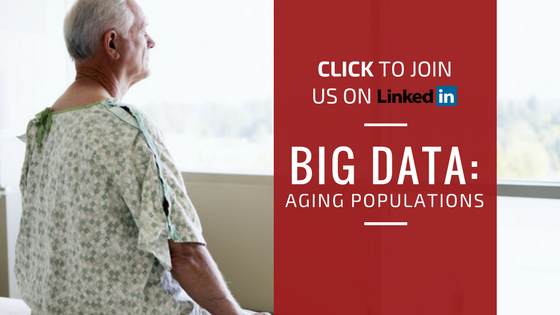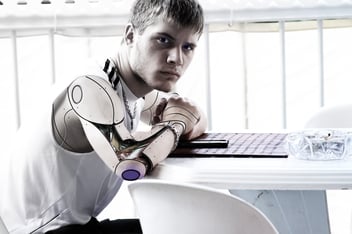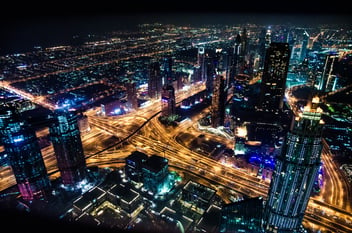Lately, there's been a lot of talk about energy poverty - but what can we do about it? We look to Barcelona, Spain to see how technology can help us.
Ever since the global Great Recession, many countries around the globe have seen a rise in energy poverty; that is, the amount of people who can’t afford to pay for basic energy needs. It’s clear that we need to find new ways to help people who find themselves in this situation.
However, this is no easy task. There are many complex issues to deal with, including who is responsible for costs, which organization is in charge of what information, and how to provide assistance to the right people.
The light of this situation, many local governments and administrations are turning to technology to look for new solutions.
One of the cities that is currently fighting energy poverty with technology is Barcelona, Spain. Let’s take a look at the innovative measures this city is taking to improve lives for its residents.
Case study: Barcelona, Spain
In Barcelona, an estimated 10% of households are at risk of energy poverty, particularly in underprivileged districts of the city such as Nou Barris, Sant Andreu, and Sant Martí. These districts have a high percentage of individuals at risk of exclusion from housing, as well as low-quality real estate options and high unemployment.
All of these indicators are directly linked with energy poverty.
 The current laws: Confusing and complex
The current laws: Confusing and complex
The regional government created a law in 2015 that bans utility companies from cutting off services for people who haven’t been able to pay their outstanding bills due to economic hardship. Companies must continue to provide services, including electricity, gas, and water, for the duration of the person’s economic hardship.
The national government also provides a last-resort exemption from paying a portion of an electricity bill for people at risk.
These laws have been subject to much debate in the courts as to whether or not companies are indeed responsible for these costs. This has resulted in confusion about who should actually pay for expenses incurred by energy poverty.
In Barcelona, it’s the City Council that currently shoulders this cost.
The deputy mayor and of director social services for the council, Laia Ortiz, said that the law requires utility companies to be jointly responsible for cases of vulnerability. Consequently, the City Council will no longer pay debts incurred by energy poor households.
“The electricity companies should assume at least 50% of the bill,” added Ortiz.
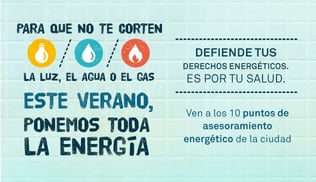
A campaign by the Barcelona City Council to inform residents of their rights
The challenges of reducing energy poverty
Despite legal battles, companies that provide basic services are theoretically required to notify social services of unpaid bills before they cut off service.
But this doesn’t always happen. Recently, an elderly woman in nearby Reus was killed in a fire caused by the candles she was using for light after her electricity was cut off.
Traditionally, the models used to help people are reactive. This means that if somebody becomes unable to pay their bills, unless this information is shared with social services, they are unaware of the situation and cannot intervene unless the individual actively requests assistance.
Many organizations simply don’t have a way to contact people at risk.
Finding a solution with technology
A recent event jointly held by Bismart and Microsoft in Barcelona, “Big Data Saves Lives”, focused on finding a way to face these challenges. Representatives from public organizations, members of private companies, and experts came together to discuss how the city can better reduce energy poverty.
The aim? To find a preventative solution to help head off these situations before they happen. This is where technology plays an essential role, particularly Big Data.
Better sharing of data between companies is essential. We can also use this data to identify people who are potentially at risk, and thus provide help to them before a problem becomes a crisis. Data can even help organizations to better allocate their budgets to go towards the people who most need it.
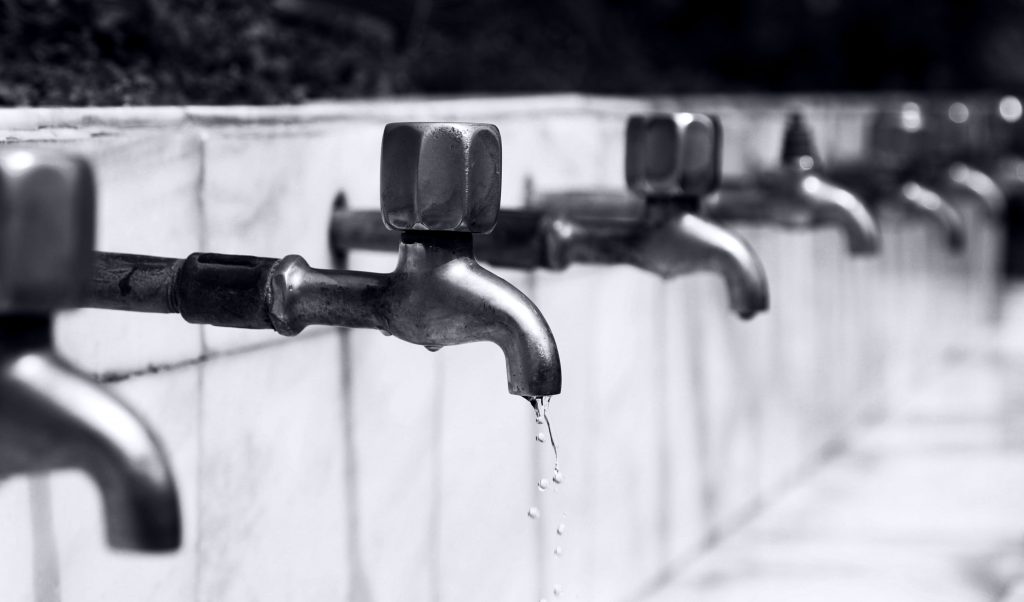 Utility companies & technology: Working together
Utility companies & technology: Working together
Fighting energy poverty is a work in progress in Barcelona. The city is making great strides towards reducing the problem.
Agbar, a water treatment and supply company, runs a charity fund with help from the metropolitan social services. The money goes towards helping people facing economic hardship, in light of the severity of Spain’s economic crisis.
The Barcelona City Council is considering providing an exemption from the fee for waste and sewage systems for people at risk.
Gas Natural has set aside €4.5 million for a new program in light of the Reus death that will include 24-hour phone assistance.
Our teams here at Bismart are working with local government bodies and administrations to use technology and Big Data to help them distribute help efficiently and effectively, give them the tools they need to deal with the data from each organization, and to help different organizations to communicate better.
The next steps
Although we’ve focused on Barcelona, cities all over the world face challenges associated with energy poverty. If we work together, we can find solutions to help improve lives for people worldwide.
If you’re interested in continuing the conversation about how technology can help fight social issues like energy poverty, join our LinkedIn group.
You might also enjoy:

